a few good news stories to put a smile on your dial
In our fourth edition of feel-good, Jaymie Hooper jots down some reasons to be cheerful.
Double agent
Everything everywhere all at once: not just a good movie but an accurate way to describe plastic, the scourge of our times. Helpfully, US scientists have developed a genius plan to defeat this super-villain: infect it with eco-friendly bacteria. During the production process, thermoplastic polyurethane (a common plastic) is mixed with spores of Bacillus subtilis, a strain of plastic-eating bacteria, which stay undercover until the product is tossed into compost or dirt. Then, like the heroes they are, they activate and get to work breaking down the bad guy. Not only are the bacteria safe for humans, animals and plants, they also chew through 90 per cent of the plastic in just five months. The scientists are now working on a way to speed up the degradation process and hope to apply the tech to other plastics to shrink their (extremely large) environmental footprint. Stay tuned.
Size matters
Everyone’s got a big head these days. No, really, they do. A recent study from the University of California has found that human brains have been growing in size since the 1930s. Not only is this welcome news for any zombies among us, it’s also a development that could slash your risk of cognitive decline later in life. According to the researchers, larger noggins represent a larger brain reserve, which may act as a buffer against the effects of age-related dementia. While brain size is largely determined by genetics, it can also be influenced by health, social, cultural and educational factors, which have greatly improved since the 1900s. You know what? Maybe don’t tell the zombies…
Water works
Let’s have a round of applause for NSW as it becomes the first state in Australia to ban offshore drilling and mining. It’s a massive win for the state’s beaches, coastal waters and marine life, as seabed mining is known to release toxic materials and cause significant destruction of habitat for our underwater friends. Not only does the ban ensure the future health and sustainability of waterways and sea animals in NSW, it also sets a powerful example for the other states. Here’s hoping they all want to join this club.
Off script
Asking someone with a stutter to join an improv group may sound like a cruel and unusual punishment, but – plot twist – it’s actually the opposite. According to a growing body of research, the quick-thinking nature of improv (you know, where you make up characters, scenes and dialogue on the fly) can help people better manage their stutter and feel confident about speaking in public. Not only does improv create a supportive social environment, it also encourages performers to focus on the communicative aspects of speaking instead of the so-called ‘right’ way of speaking. Plus, studies show improv can boost confidence and ease anxiety, which in turn can help reduce the severity of stuttering. Researchers are currently looking into how the theatre sport can inform clinical practices, which sounds like the best ‘yes, and’ scenario we’ve heard in ages.
New kid on the block
Mother Nature still has a few surprises up her sleeve, and this one looks like a fluffy longhorn beetle. Yes, a fluffy beetle. Spotted in the Gold Coast hinterland by an ecologist who happened to be camping in the area (seriously, what are the chances?), the beetle is covered in a soft white fuzz that researchers reckon may help deter predators. Not only is the fluffball a brand-new (to us) species, it signals an entirely new family of longhorns, too. Talk about showing off.
See you never
Ding, dong, the flu is gone! Well, a certain strain of it, anyway. Known as the Yamagata lineage, the viruses (which once belonged to the influenza B family), have been MIA globally since March 2020. As you might guess from the timing, we have Covid (or, rather, the social distancing and vigorous handwashing it inspired) to thank for the viruses’ disappearance. Although protection from the Yamagata strain was included in this year’s flu vaccine, it’s likely it will be dropped from future versions, as it’s been well and truly snuffed out.
Thirsty work
Koalas don’t do a lot of drinking, as a rule. But when they do need to hydrate – which happens more often during hot weather – coming down from the treetops can be all kinds of risky. Now, the bar is coming to them: koalas of South-East Queensland have access to 47 tree-based water stations thanks to an initiative by the International Fund for Animal Welfare. The project aims to re-establish natural habitats to help koalas (and other wildlife) adapt to the effects of climate change. The first stage will see water troughs hoisted up into trees between the Greater Border Ranges and Bunya Mountains, as well as a mass of new seedlings planted. If all goes to plan, these koala-friendly corridors will spread into NSW to give the eucalyptus-loving marsupials a fighting chance against drought and bushfires.
Soft launch
Is there anything sadder than a discarded teddy? Best not to think about it. Instead, consider this warm and fuzzy tale: Once upon a time in London, a woman working in an op shop noticed that many of the donated soft toys were winding up in landfill. She decided to do something about this heartbreaking turn of events and started Loved Before, a soft-toy adoption agency. Here, pre-loved plushies are given a spruce-up and a glamour shoot before they’re listed for sale and sent off to start a fresh life in new, loving homes. Not only do the teddies get to have another excellent adventure with a new human, they’re also helping to cut waste and teach kids sustainable habits one snuggle at a time. Awww.
This article was featured in frankie feel-good volume four. To get your mitts on a copy, swing past the frankie shop, subscribe or visit one of our lovely stockists.

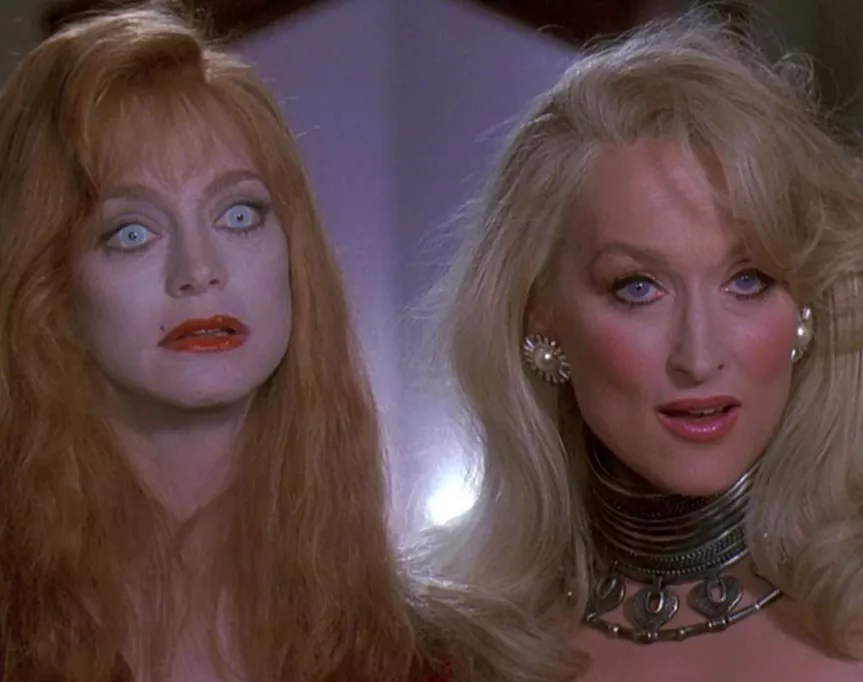


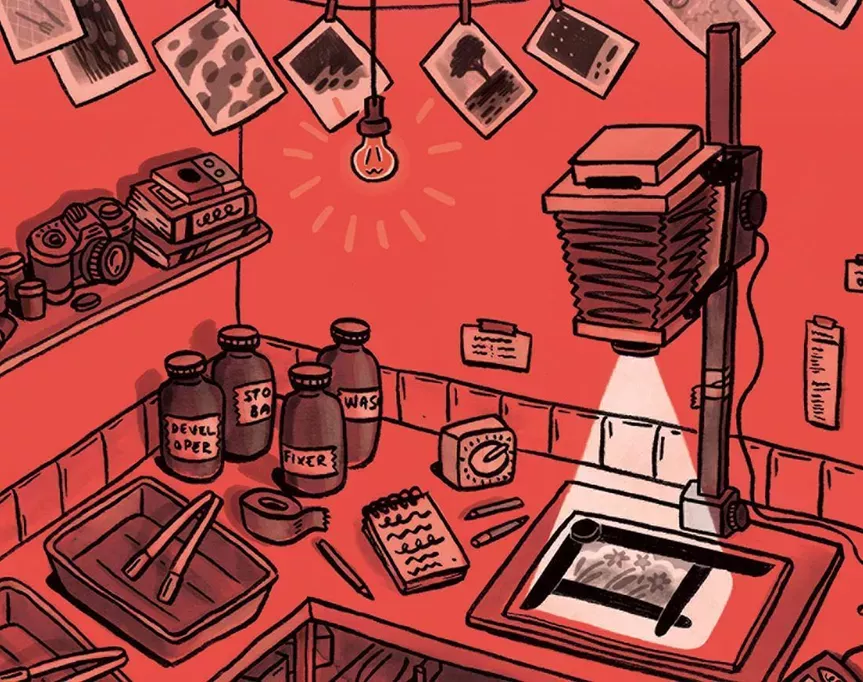

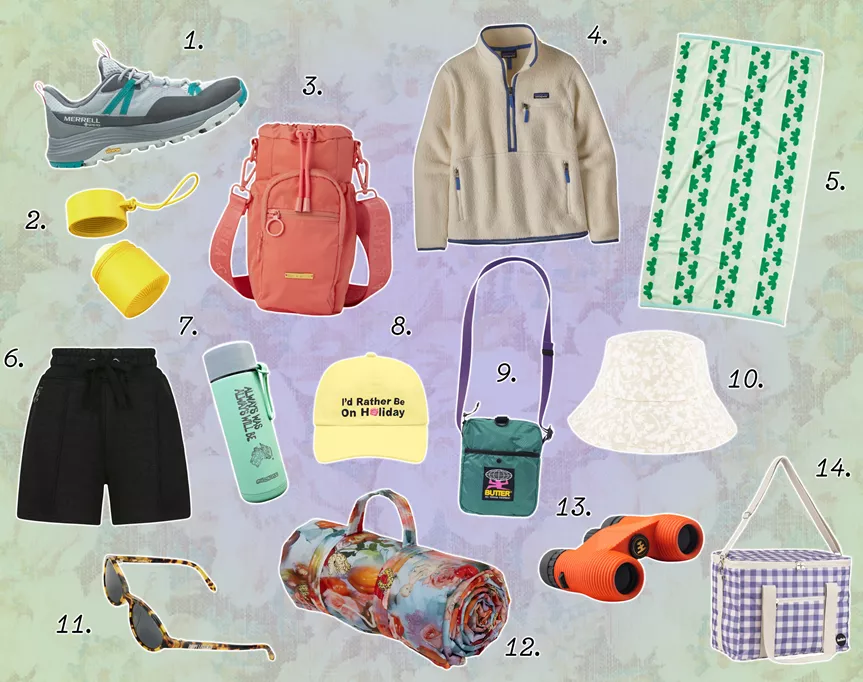

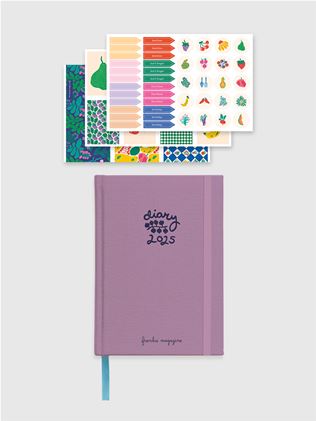
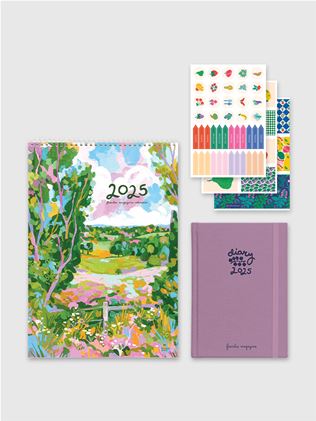
.jpg&q=80&w=316&c=1&s=1)



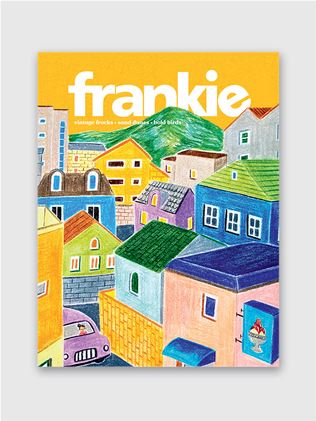


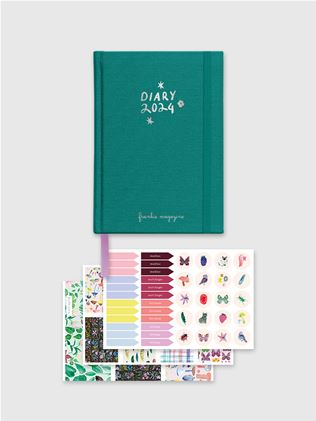



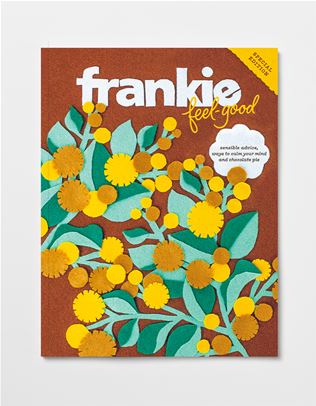






.jpg&q=80&w=316&c=1&s=1)










